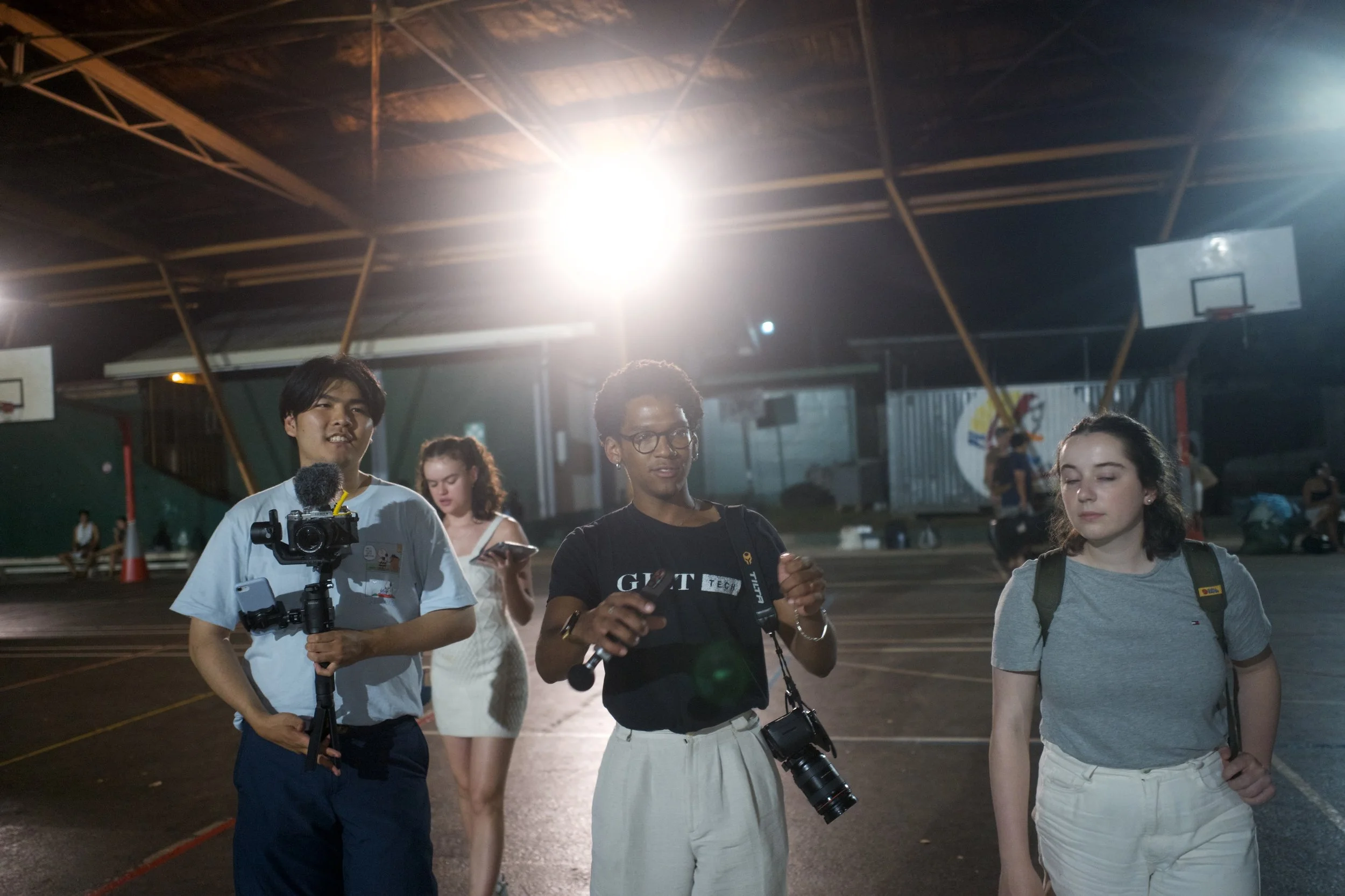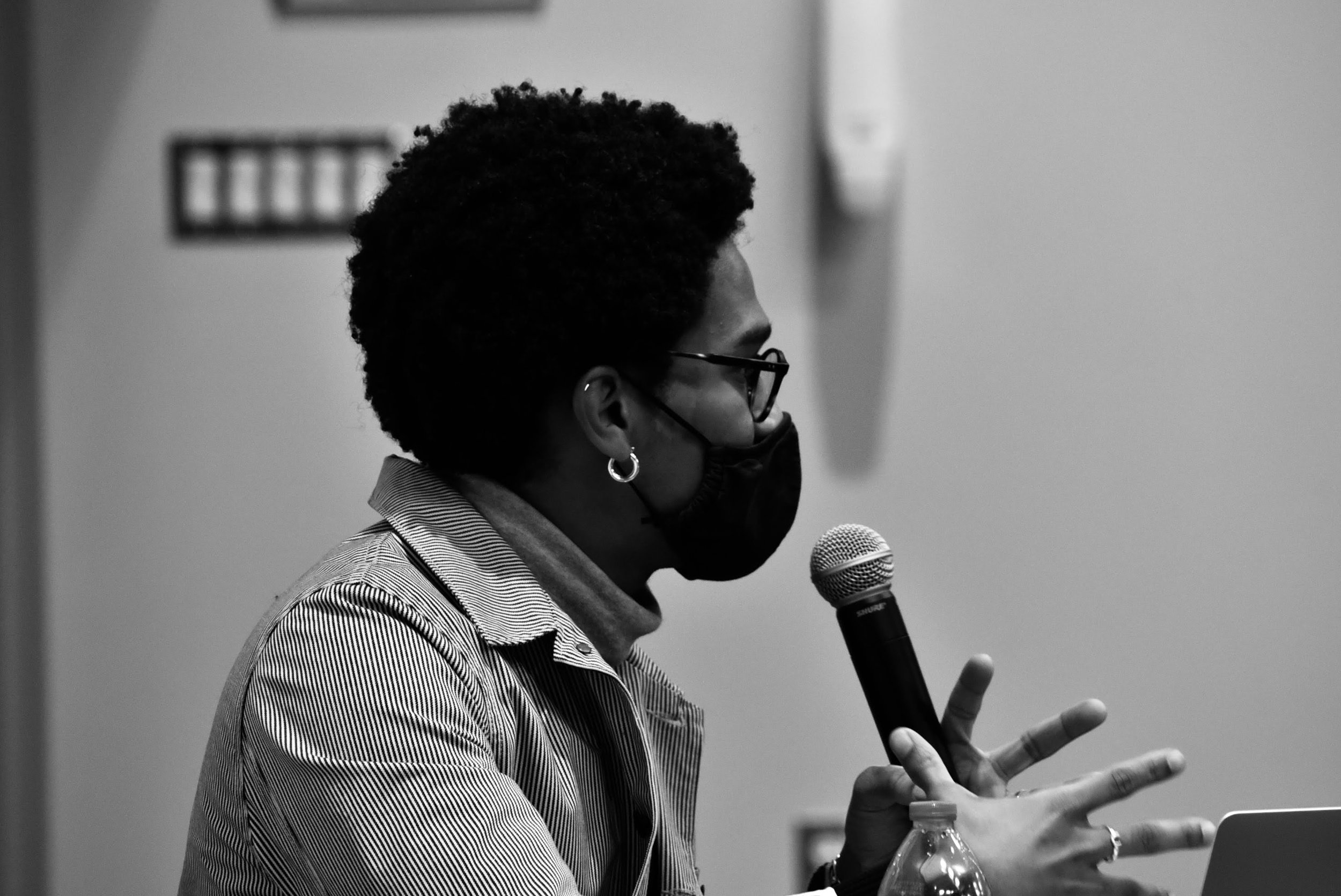ABOUT ME
Redd Coltrane is an artist and filmmaker from Columbus, Ohio. Redd’s artistic career began in music, studying as a classical double bassist and pianist. Over many years his talents earned him positions at Interlochen Arts Camp, Columbus Symphony Youth Orchestras, Urban Strings Columbus Youth Orchestra, Cleveland Orchestra Youth Orchestra, National Youth Orchestra, and the GRAMMY-Nominated New York Youth Symphony, among many others. He has toured seven countries performing, given masterclasses to young musicians, and has taught many double bassists privately. At age 18, Coltrane began attending Columbia University and The Juilliard School in New York City at the same time studying Music, Sociology, and Double Bass Performance under the tutelage of the New York Philharmonic’s Timothy Cobb.
While at Columbia, Coltrane was called to action to make his first feature length documentary, Midwestern Atoll, while still an undergraduate student. In between juggling rigorous coursework at two schools, studying abroad, and reckoning with a global pandemic, he directed a small crew in the production of the film, teaching himself to use professional equipment and editing softwares along the way. It was at this time Coltrane also began designing an undergraduate course about the nuclear legacy in the Pacific Ocean with his mentors Emlyn and Ivana Hughes that he would later teach to Columbia undergraduates for two semesters after graduating. This teaching experience culminated in a 2-week tour of French Polynesia making films and conducting ethnographic research.
Redd lives in Los Angeles and has completed his MFA in Film and Television Production at the USC School of Cinematic Arts. His films have played and won awards at various film festivals across the US, from Baltimore to Santa Monica. In 2023, he was nominated and selected to join Sony’s first-ever Future of Cinematography program. With a firm belief in the immense power of highlighting underrepresented voices, Coltrane employs his art to illuminate perspectives often left unheard.


